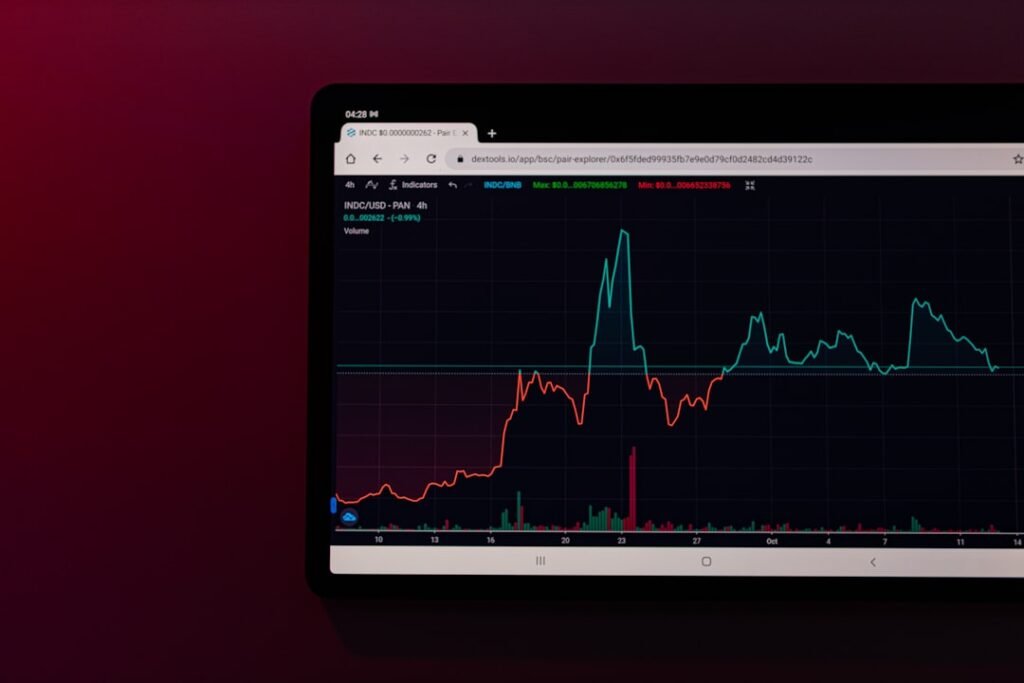암호화폐 업계 전반에 걸친 광범위한 서비스 중단으로 인해 중앙화된 클라우드 인프라에 대한 업계의 심각한 의존도가 드러나면서 탈중앙화 원칙에 대한 도전이 시작되었습니다. 아마존 웹 서비스의 미국 동부 1지역에서 DNS 확인 문제가 발생하면서 코인베이스, 로빈후드, 메타마스크를 포함한 여러 주요 플랫폼이 동시다발적으로 서비스 중단을 경험했습니다. 이 장애는 메타마스크를 블록체인 네트워크에 연결하는 컨센시스 지원 인프라 서비스인 인퓨라에 영향을 미쳐 폴리곤, 옵티미즘, 아리비트럼, 리네아, 베이스, 스크롤 레이어 2 네트워크의 서비스가 완전히 중단되었습니다. 이더리움과 비트코인은 중단 없이 블록 생성을 계속했지만, 사용자들은 중앙화된 액세스 포인트에 의존하는 탈중앙화 금융 애플리케이션을 사용할 수 없게 되었습니다. 이번 사고는 2025년 4월 바이낸스, 쿠코인, MEXC, Gate.io 및 기타 여러 플랫폼에 영향을 미친 유사한 장애에 이어 6개월 만에 발생한 두 번째 주요 AWS 관련 장애입니다. 업계 분석에 따르면 아마존, 마이크로소프트, 구글이 탈중앙화된 것으로 알려진 암호화폐 생태계의 대부분을 포함해 전 세계 클라우드 인프라 시장의 63%를 총체적으로 통제하고 있는 것으로 나타났습니다. 특히, XRP 레저는 두 번의 AWS 중단에도 정상적인 운영을 유지하며 여러 클라우드 제공업체와 독립 서버에 적절히 분산된 검증 노드를 통해 복원력을 입증했습니다. 이러한 대조는 많은 암호화폐 프로젝트에서 마케팅 주장과 기술적 현실 사이의 간극을 강조합니다. 자체 호스팅 인프라에 필요한 고가의 하드웨어, 기술 전문 지식, 유지 보수에 비해 AWS는 최소한의 비용으로 99.99% 가동 시간을 보장한다는 점에서 중앙 집중화를 유도하는 경제적 인센티브는 분명합니다. 그러나 이러한 편리함에는 단일 장애 지점에 대한 취약성, 물리적 위치에 관계없이 데이터에 대한 정부 액세스를 허용하는 미국 클라우드 법 조항 준수 등 숨겨진 비용이 수반됩니다. 파일코인, IPFS, 아위브, 아카시 네트워크와 같은 탈중앙화 대안이 존재하지만, 개발자들이 기존 클라우드 제공업체에 익숙하고 상당한 비용 차이로 인해 채택이 제한되어 있습니다. 이제 업계는 주권보다 편의성을 계속 우선시할 것인지, 탈중앙화 약속을 이행하는 데 필요한 분산 인프라에 투자할 것인지 중대한 선택에 직면해 있습니다.












